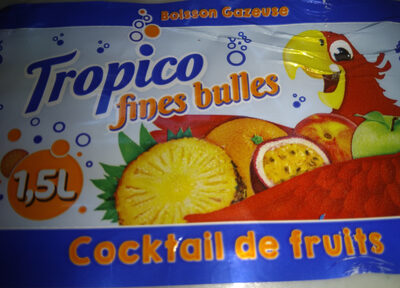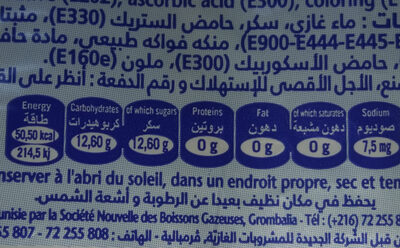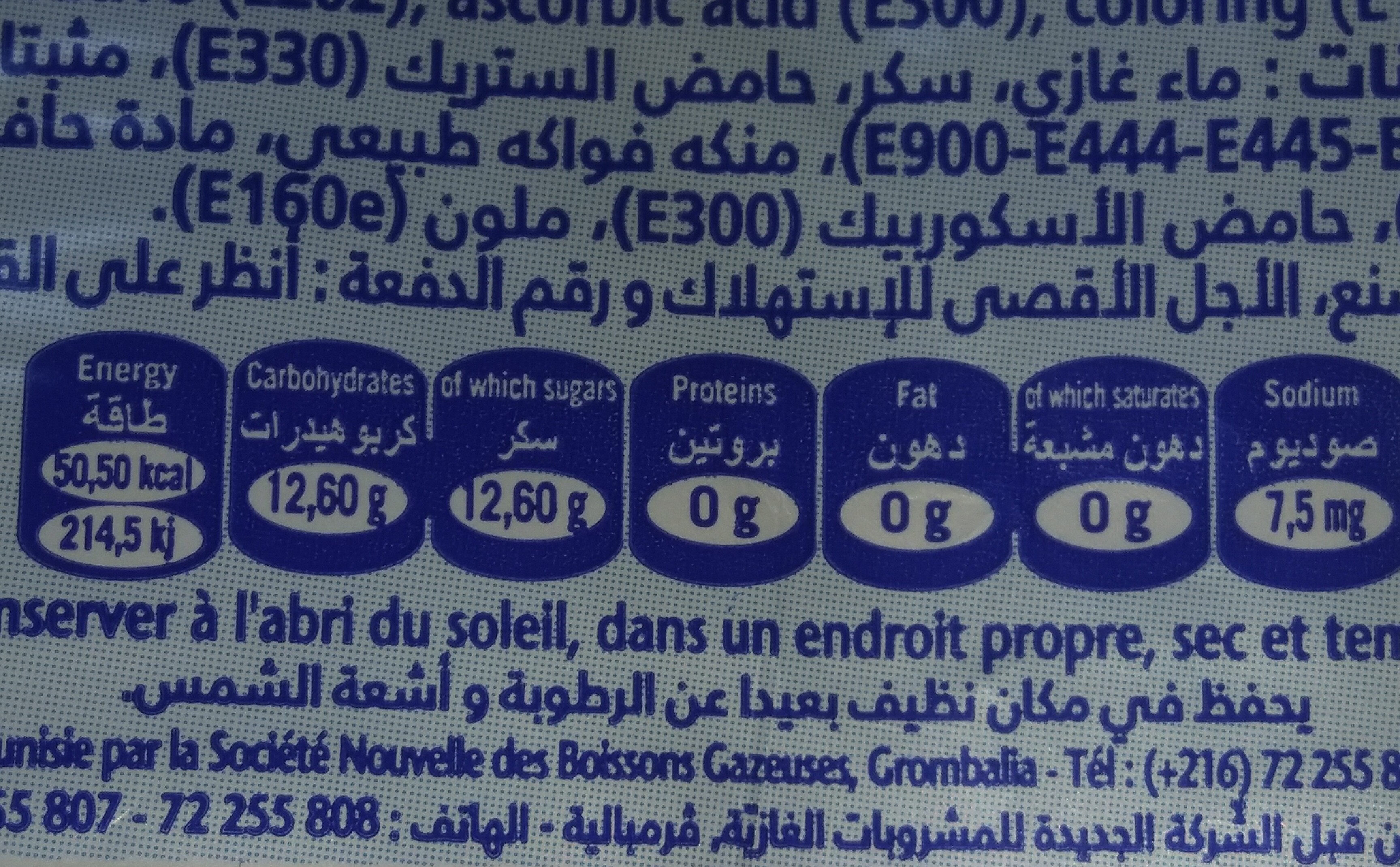Tropico - 1.5 L
This product page is not complete. You can help to complete it by editing it and adding more data from the photos we have, or by taking more photos using the app for Android or iPhone/iPad. Thank you!
×
Barcode: 6194007804571 (EAN / EAN-13)
Quantity: 1.5 L
Packaging: Bottle
Brands: Tropico
Categories: Beverages, Carbonated drinks, Carbonated soft drinks without fruit juice, Carbonated soft drinks without fruit juice with sugar
Labels, certifications, awards: Tidy man
Manufacturing or processing places: Tunisie
Countries where sold: Tunisia
Matching with your preferences
Environment
Carbon footprint
Packaging
Transportation
Report a problem
Data sources
Product added on by gmlaa
Last edit of product page on by ecoscore-impact-estimator.
Product page also edited by openfoodfacts-contributors, packbot.
If the data is incomplete or incorrect, you can complete or correct it by editing this page.










